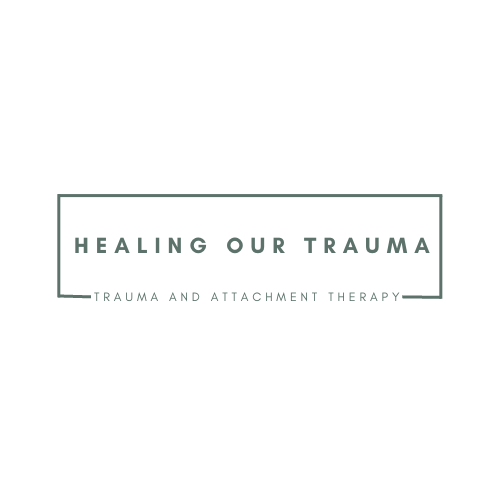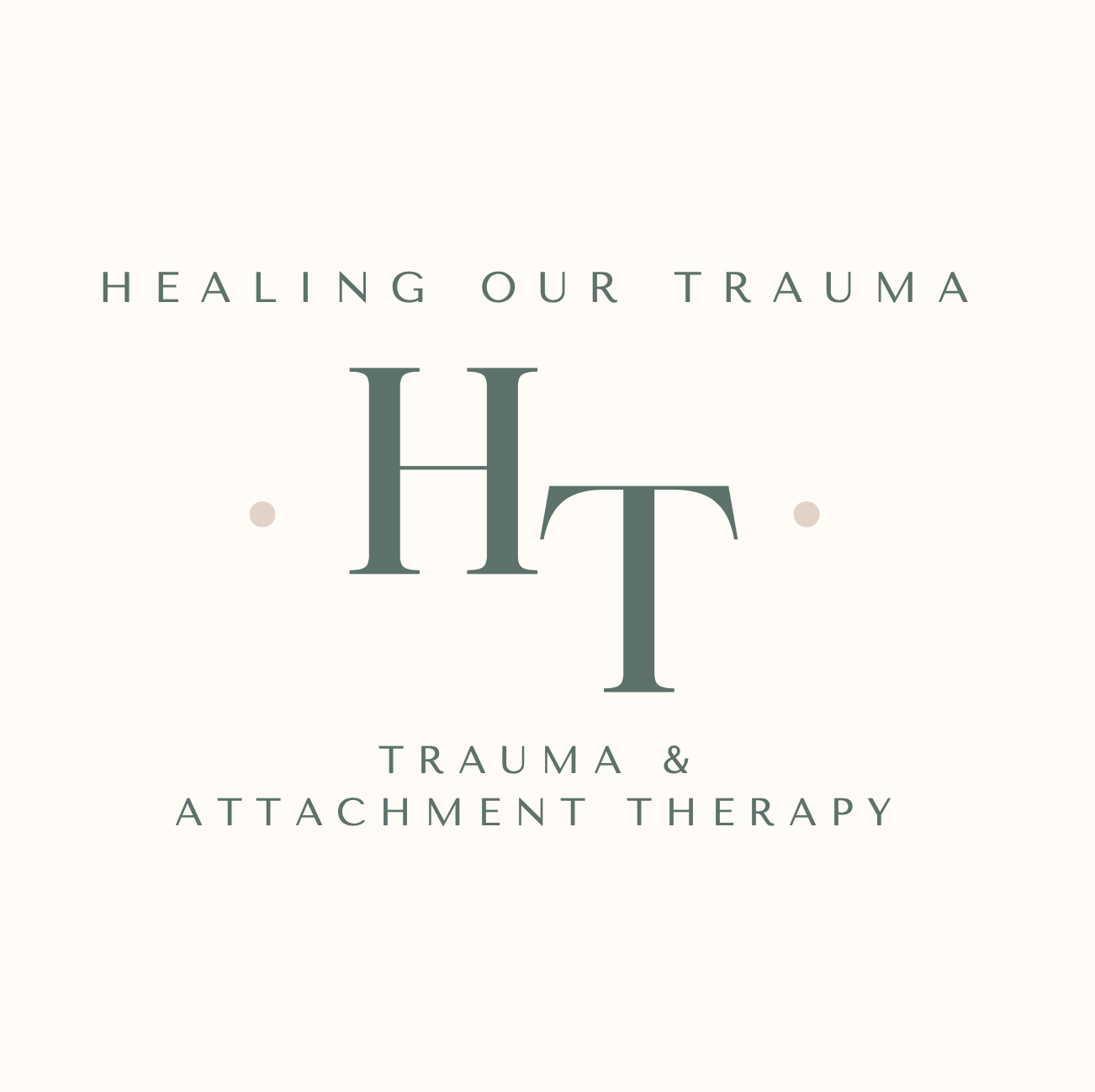Adjustment Disorders
Adjustment Disorder is a mental health condition characterized by emotional or behavioral symptoms that occur in response to a specific stressor or life event. The stressor is typically an identifiable life change or challenging situation that causes significant distress and disrupts an individual's ability to cope effectively. Unlike other mental health disorders, Adjustment Disorder is time-limited and is directly linked to the triggering event.
Adjustment Disorder Symptoms
A qualified mental health professional should make a diagnosis of adjustment disorder after conducting a thorough assessment of symptoms and their impact on functioning. While adjustment disorder may manifest with other symptoms, the following are the most prevalent.
Depressed Mood
Characterized by symptoms such as sadness, tearfulness, and feelings of hopelessness.
Anxiety
Involves symptoms of nervousness, worry, and restlessness.
Disturbance of Conduct
Includes behavioral symptoms such as acting out, rebelliousness, or violations of societal norms.
Mixed Disturbance of Emotions
Involves a combination of emotional and behavioral symptoms.
Adjustment Disorder Therapies
There are various therapeutic approaches designed to address different aspects of adjustment disorders. The below therapies are just a few of the care options available, each offering unique strategies to support individuals on their journey to improved mental health.
Internal Family Systems/Parts Work
IFS and Parts Work Therapy, delves into an individual's psyche, exploring internal "parts" or sub-personalities. The goal is to facilitate dialogue and integration among these parts under the guidance of the core, compassionate "Self." Through visualization and introspection, clients work towards harmony, healing trauma, and achieving a more balanced and unified sense of self. IFS promotes personal growth, self-awareness, and addressing trauma, emotional regulation, and self-empowerment.
Mindfulness-based Therapy
Mindfulness- based therapy approach focuses on cultivating awareness and presence to help individuals and couples navigate through life's challenges. Through mindfulness practices, we aim to provide a safe and supportive space for healing and growth.
Narrative Therapy
Narrative Therapy is a collaborative approach that helps clients reframe their personal narratives, empowering them to view their experiences from a new perspective. Through this process, individuals can gain insight, healing, and a sense of agency in their own life.
Adjustment Disorder FAQs
Have questions? We’re here to help.
-
Can Adjustment Disorders be Prevented?
Preventing adjustment disorders involves identifying stressors, building resilience, and developing effective coping skills to navigate stressful events. While it may not be possible to prevent all adjustment disorders, individuals can take steps to reduce their risk and enhance their emotional well-being.
-
Is Adjustment Disorder a serious disorder?
Adjustment disorder, while not typically considered as severe as some other mental health disorders, should still be taken seriously. It can cause significant distress and impairment in daily functioning for individuals experiencing it. If left untreated, adjustment disorder can also increase the risk of developing other mental health issues.
-
What is it like to have Adjustment Disorder?
Having adjustment disorder can be quite overwhelming and challenging. It's like being caught in a whirlwind of emotions, where even the smallest changes can trigger intense reactions. The person may feel constantly on edge, anxious, or depressed. They may struggle to cope with everyday tasks and find it difficult to concentrate or make decisions. Sleep disturbances and physical symptoms like headaches or stomachaches are also common.
At Healing Our Trauma we know that you want to be on a path to recovery and restoration. In order to do that, you need to address your underlying, unmet needs. The problem is most people don't know where to turn to or how to start which makes you feel frustrated and stuck. This leads some to want to quit. We believe in your resilience and the possibility of reclaiming a life marked by strength, growth, and renewed hope. We understand that overcoming trauma is a journey that requires personalized care, empathy, and a safe space for healing.
So, schedule a free evaluation. And in the meantime, sign-up for our Support Newsletter.
Together, we can navigate this journey toward healing, ensuring that you not only survive but thrive in the aftermath of trauma.
Contact Us
816-200-7909
Contact Us
We will get back to you as soon as possible
Please try again later
Insurance Accepted: Aetna (Missouri Only)
Forms of Payment: Cash, Check, Visa, Mastercard, Discover, American Express
Our address
Email: nadirah@healingtraumakc.com
Tel: 816-200-7909
12401 E 43rd St S, Independence, MO 64055, United States of America
Work Hours
- Mon - Fri
- -
- Sat - Sun
- Closed

